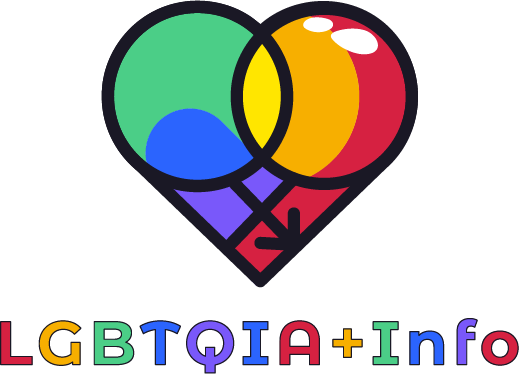Have you ever heard of Asexuality? For many people, this term is still a mystery. The world we live in often assumes that everyone is sexually active or wants to be, which can make it difficult for Asexual individuals to find a place in society. In this article, we will explore the meaning of Asexuality, Asexual identity, Asexual experience, and coming out as Asexual.
My friend once told me a story about how they had never been interested in sex or had any desire to have it. They explained that they were not abstaining from sex, but rather had no interest in it at all. This story piqued my interest and made me wonder about Asexuality as a term and an identity. This led me to research and learn more about Asexual individuals and their experiences.
What is Asexuality?
Asexuality refers to a sexual orientation in which a person experiences little to no sexual attraction toward anyone. Asexuality is not the same as celibacy or abstinence, as those are active choices to not engage in sexual activity. Asexuality is an inherent lack of sexual attraction toward others.
Asexuality is a valid sexual orientation, and asexual individuals can have fulfilling and intimate relationships without engaging in sexual activity.

Understanding Asexual Identity
As asexual people are seldom seen or discussed in popular culture, they may struggle with feelings of alienation or misunderstanding. Pressure to act sexually in accordance with cultural norms may be felt even by asexual people.
Recognizing and honoring the asexual identity is important. Those who identify as asexual have the ability to choose their own limits and experiences in romantic partnerships.
Asexual Experiences
When it comes to dating and committed relationships, being asexual may provide some particular obstacles. Some asexual people may feel compelled to behave sexually, or they may believe they have no choice but to comply with cultural norms.

Asexual people may nevertheless have meaningful connections with others and even touch each other or share emotional closeness in non-sexual ways.
Conclusion
Asexuality is a valid sexual orientation and should be respected and acknowledged. It is important to understand the experiences and identities of asexual individuals to create a more inclusive and accepting society.

